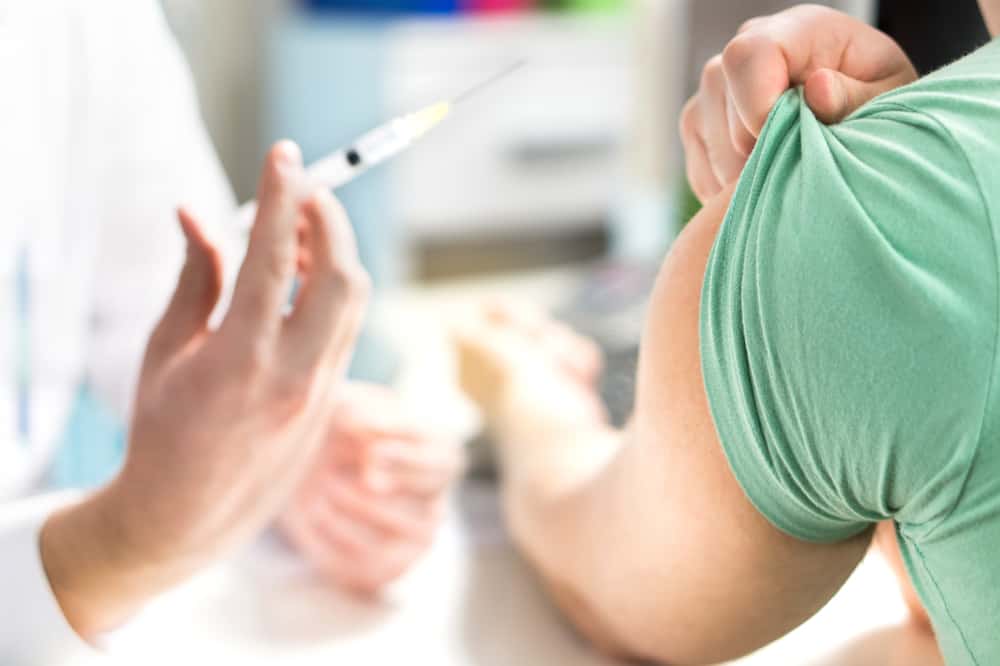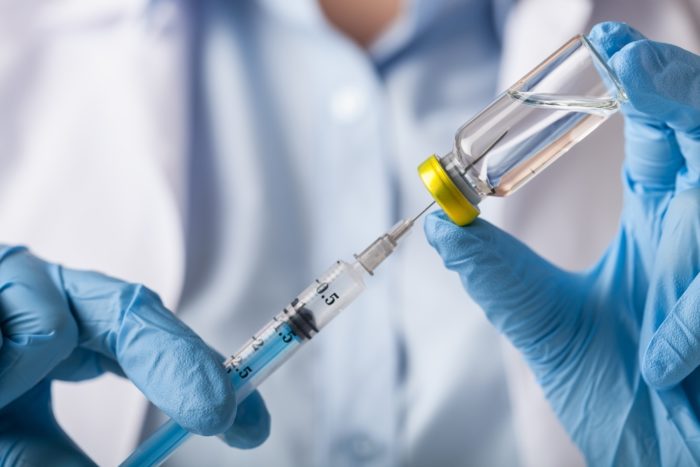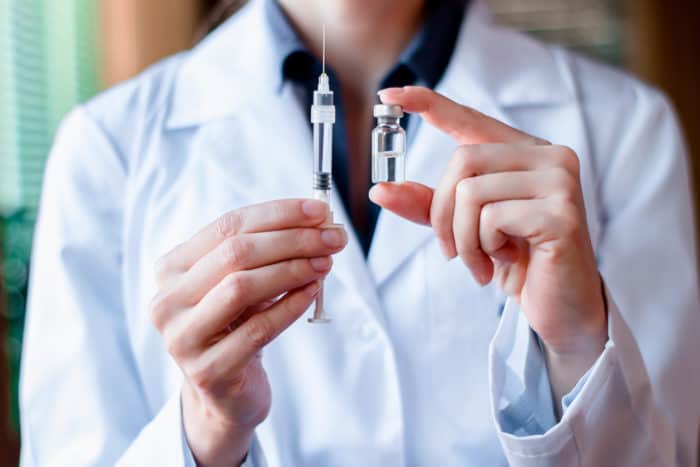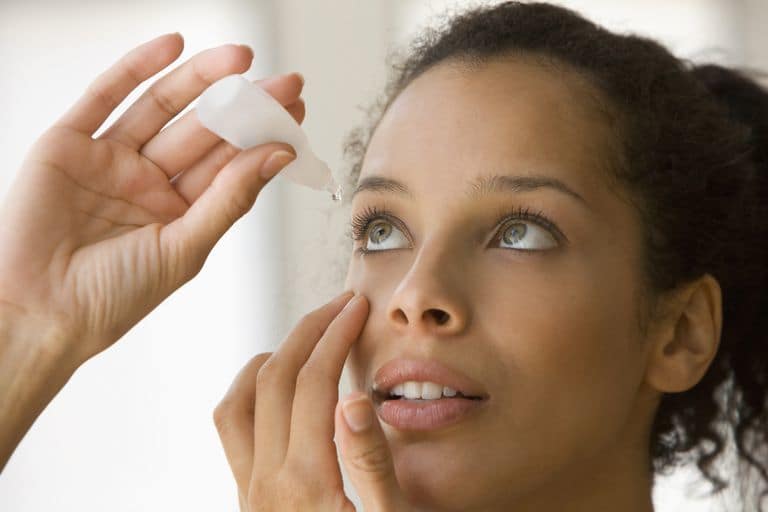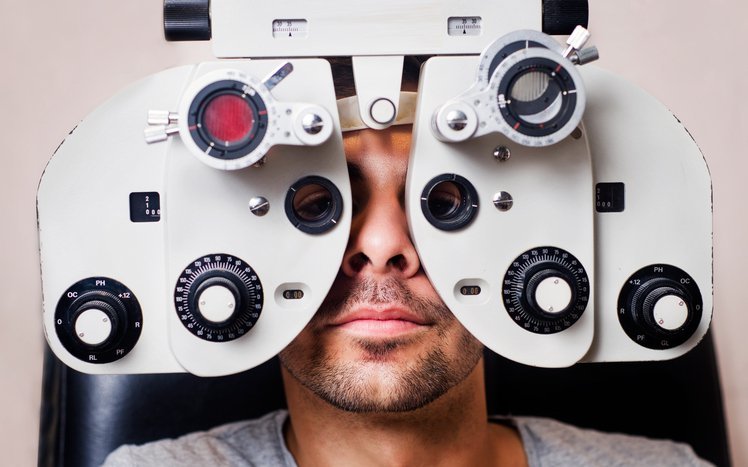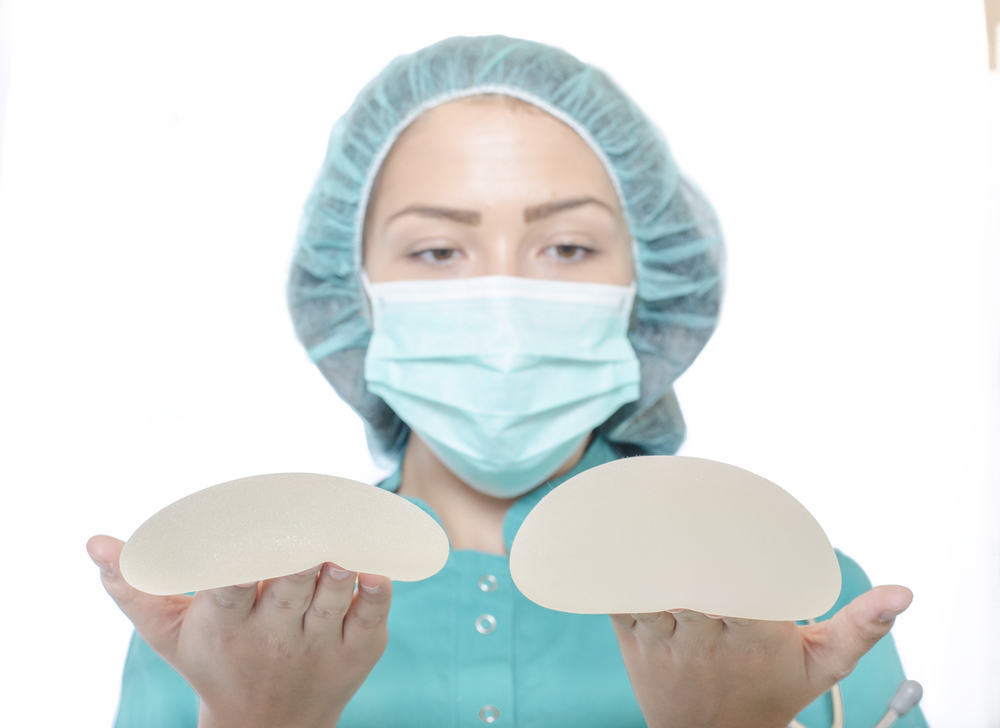Contents:
- Medical Video: Ep 03- The One Vaccine Newborns Must Avoid [My Incredible Opinion]
- Vaccines for venereal disease, what do you need?
- 1. HPV vaccine
- 2. HAV vaccine
- 3. HBV vaccine and hepatitis B immune globulin (HBIG)
Medical Video: Ep 03- The One Vaccine Newborns Must Avoid [My Incredible Opinion]
Most venereal diseases are transmitted through unprotected sex by changing partners. Well besides of course having to do safe sex, vaccines can also be one step to prevent transmission of venereal disease. Some vaccines for certain venereal diseases can prevent the development of genital skin to chronic infections such as hepatitis A and hepatitis B.
Vaccines for venereal disease, what do you need?
Some vaccines to prevent you from contracting venereal diseases include:
1. HPV vaccine
The HPV vaccine is used to prevent genital warts caused by Human Papillomavirus (HPV). Some types of HPV can also cause cervical cancer, oral cancer, and throat cancer.
HPV vaccines contain proteins from certain types of virus shells, not RNA or viral DNA so that they do not cause viruses to develop in the body. This vaccine can be given to children aged 10 years as many as three doses in stages.
Although safe, the possibility of side effects can also occur. Common mild side effects are pain, swelling and redness at the injection site. However, some people reported fainting after being injected. So after being given a vaccine, patients have to wait at least 15 minutes to anticipate the possibility of side effects.
2. HAV vaccine
The HAV vaccine is used to prevent infection of the hepatitis A virus that develops around the liver. The presence of a virus can cause inflammation and disrupt liver function. Generally the body will recover from this condition for 2 to 6 months. If it is severe, this virus can cause complications of liver failure.
All children whose immune systems are still weak are encouraged to receive vaccines so that they are not infected with this disease as adults. Although the transmission of the hepatitis A virus is mostly through unhygienic food, men who have similar sex and drug users are strongly encouraged to get the vaccine completely.
The HAV vaccine works very effectively in the long term to protect the body from viruses after the second dose. A side effect of administering a vaccine is pain in the area of the skin being injected.
3. HBV vaccine and hepatitis B immune globulin (HBIG)
Hepatitis viruses have many types, one of which is hepatitis type B virus. This virus can cause serious liver disease if not handled properly. People who are infected with the virus generally experience symptoms of fever, abdominal pain, and jaundice (discoloration of the skin, nails, and white eyes turn yellow).
The hepatitis B virus can spread through unprotected sexual intercourse with an infected person or alternating sex partners. Semen, blood, and vaginal fluid from an infected person can spread to healthy people when sexual activity is carried out.
Generally hepatitis B infected adults can recover. However, children who have a weak immune system tend to develop chronic diseases. So, HBV or HBIG vaccine is highly recommended for newborns (specifically HBIG, given to babies at high risk of hepatitis B, such as mothers with positive HBsAg).

